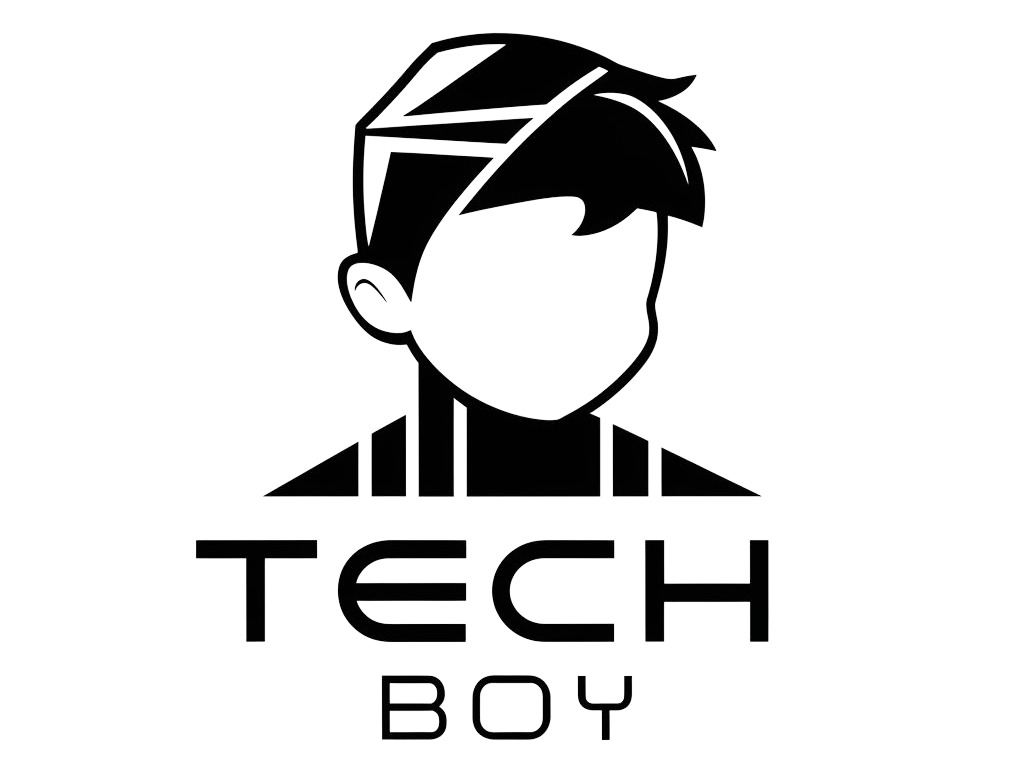Disney to ditch Slack after security breach, will move to Microsoft Teams
Disney will reportedly end its use of Slack for internal employee communications and migrate to Microsoft Teams after a hacking group stole and leaked more than a terabyte of corporate data.
Disney CFO Hugh Johnson announced plans to move away from Slack in a memo to staff earlier this week, according to a report Wednesday by Oliver Darcy in the “Status” newsletter. The company now plans to complete the migration during the second quarter of 2025.
Disney will move employees onto Microsoft’s rival collaboration application, Teams, according to a Business Insider report — a switch that is apparently unpopular with some Disney employees.
A group called “Nullbulge” published a 1.1 TB file containing data taken from Disney’s internal Slack archive in July. This included 44 million messages between Disney employees, 18,800 spreadsheets and at least 13,000 PDFs, according to a Wall Street Journal report earlier this month. Information posted publicly included details on Disney’s financial status and strategy, as well as personally identifiable information on some staffers and customers.
The breach apparently occurred after a computer belonging to software development manager at Disney was compromised. Data was then stolen from public and private Slack channels, though private messages were unaffected, according to the Journal.
Slack is owned by business software vendor Salesforce following a $28 billion acquisition in 2020. At the company’s Dreamforce event this week, Salesforce CEO Marc Benioff highlighted Disney’s continued use of Salesforce products across its operations, including by Disney retail workers and customer service staff.
Benioff also commented on Disney’s decision to drop Slack during a Bloomberg interview on Thursday.
“Our security is rock-solid,” said Benioff. “This is really important. Also, there’s no finish line when it comes to security. But companies have to also take the right measures to prevent phishing attacks and to lockdown their employees from social engineering. So, we can do our part, but our customers also have to do their part — that’s extremely important.”







